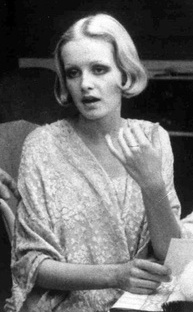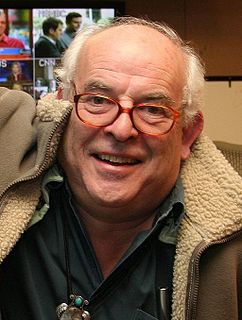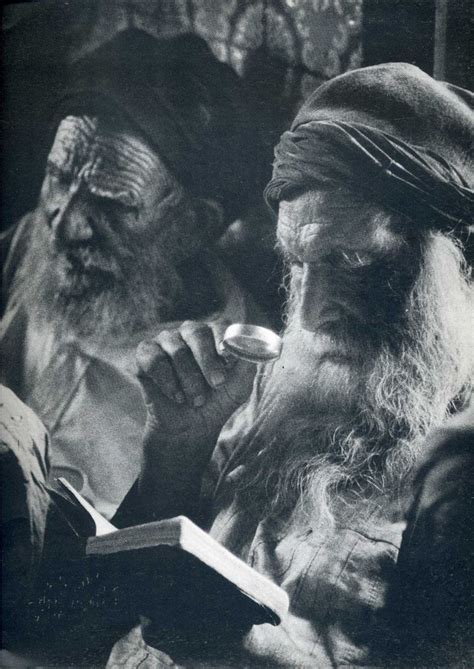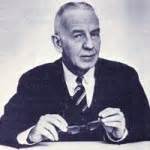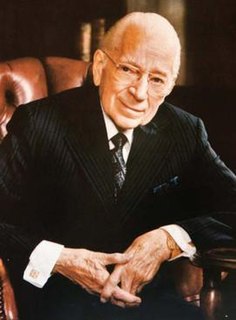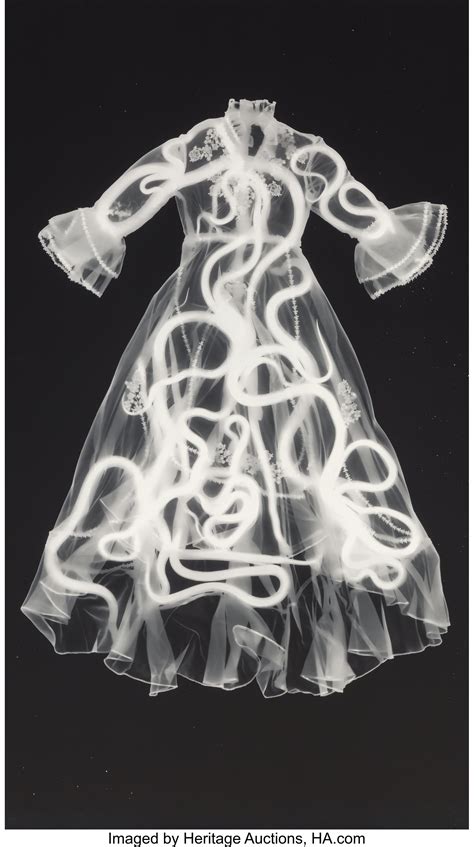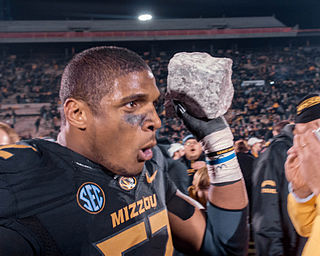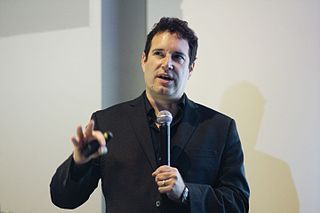Top 1200 Leopard Print Quotes & Sayings - Page 15
Explore popular Leopard Print quotes.
Last updated on November 9, 2024.
When I say I don't do fur or leather, in my world it's a massive shock, but when it comes into the sporting arena, it goes without saying. It also influences what I do on the runway: I get really excited when I discover an environmentally-friendly print process that doesn't use water, and I'll try and mimic that in my ready-to-wear.
Everything you've ever read of mine is first-draft. This is one of the peculiarities of the comics field. By the time you're working on chapter three of your masterwork, chapter one is already in print. You can't go back and suddenly decide to make this character a woman, or have this one fall out of a window.
Let us first say what photography is not. A photograph is not a painting, a poem, a symphony, a dance. It is not just a pretty picture, not an exercise in contortionist techniques and sheer print quality. It is or should be a significant document, a penetrating statement, which can be described in a very simple term-selectivity.

